Envisioning the Future of Black Seed Agroecological Farm and Village
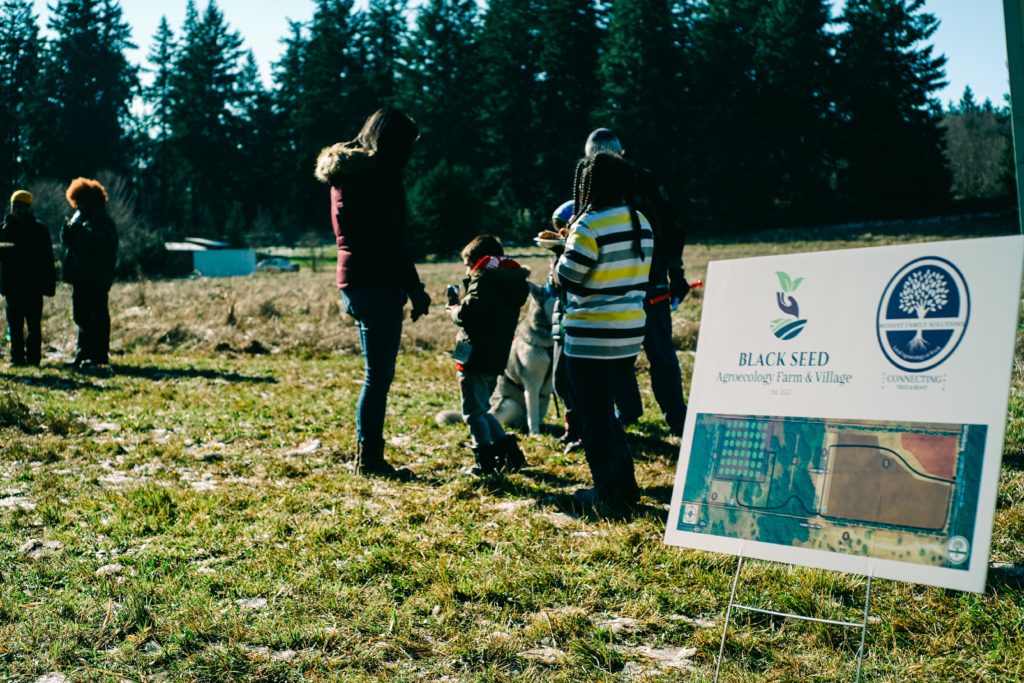
Black Seed Agroecological Village and Farm is still in the beginning stages of development. As is the case with most new farming operations, there’s a lot of work that needs to be done before the farm can begin operating at full capacity. New fields need to be cultivated, perennials planted, and new buildings constructed. Turner is currently working with the Washington State Department of Agriculture to define water rights on the farm, and to identify the source of surface water that covers part of the land.
Ensuring Donated Land Gets Managed Equitably
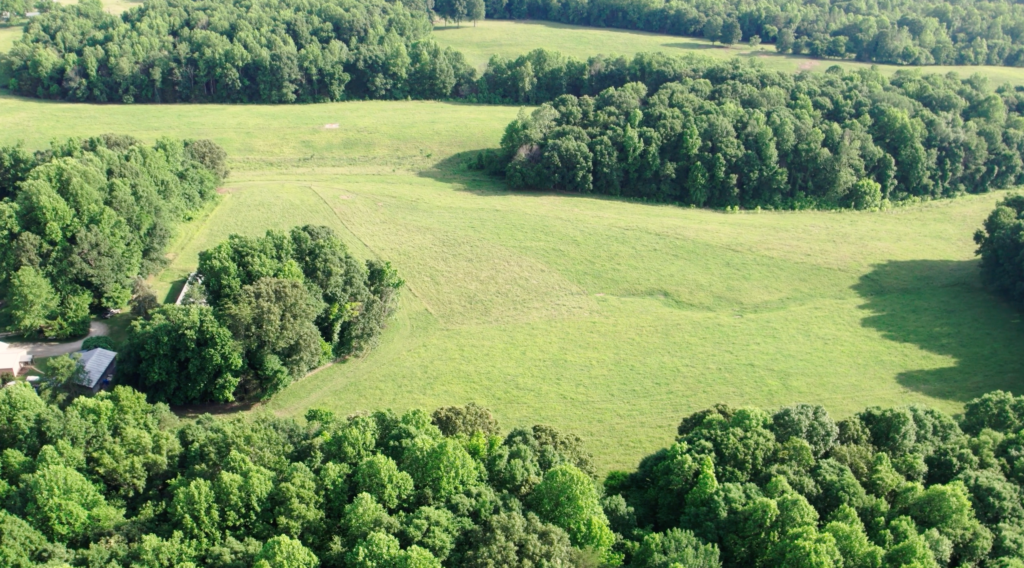
For Callie, successfully conserving agricultural land with issues of racial equity and environmental sustainability in mind took a lot of time and plenty of careful planning. After inheriting the land in 2015, Callie enrolled in classes at the local college and attended conferences on biological farming in search of farmers who shared her vision. Callie found a number of farmers who were interested in working the land, but only one couple was able to make a long-term commitment. Finally, after years of looking for a good fit, Callie and her husband found the Agrarian Commons model.
The Agrarian Commons, Land Stewardship, and the Racist History of Land Conservation

As a land conservation organization, it is important for Agrarian Trust to grapple with the racist history of land conservation, and to imagine new models of land stewardship rooted in racial equity and active care for the land. The Agrarian Commons model is a clear step in this direction.
Ostrom’s Eight Design Principles for a Successfully Managed Commons
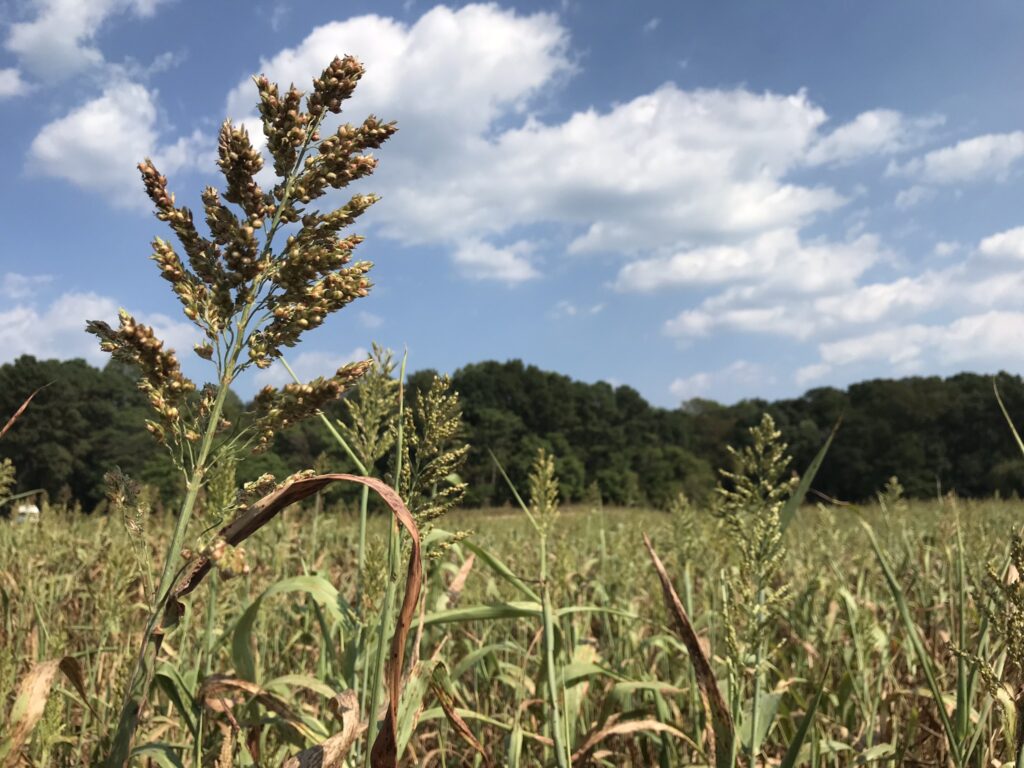
Torbel came to international attention in 1990, when Ostrom published her groundbreaking study of commons, Governing the Commons: The Evolution of Institutions for Collective Action. In the book, Ostrom argued against the dominant understanding of the commons, as exemplified by Garret Hardin’s Tragedy of the Commons, which held that the commons would inevitably—and tragically—be depleted by rational, self-interested actors. The existence of communities like Torbel was evidence enough for Ostrom that Hardin’s model was too abstract.
La Via Campesina
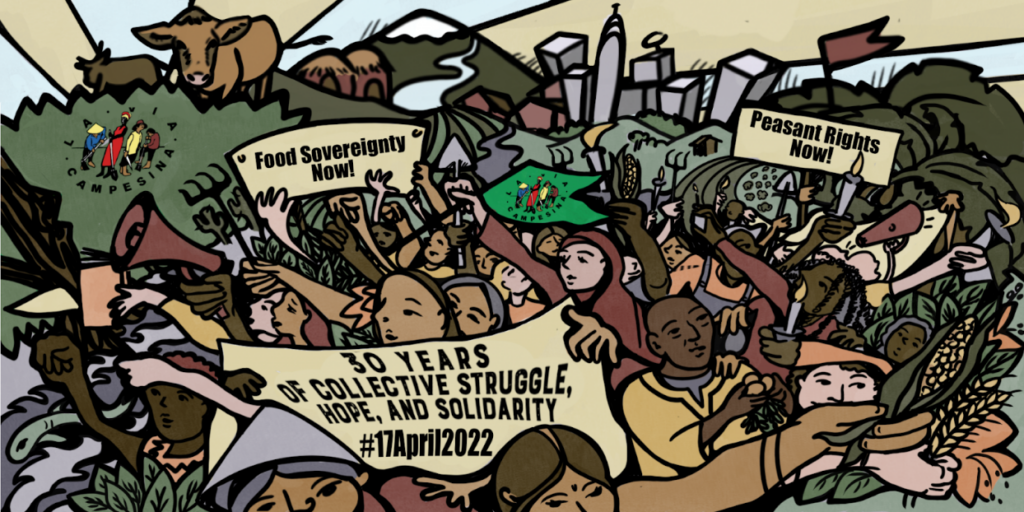
La Via Campesina coined the term food sovereignty in 1996, against the background of an increasingly globalized food system, which heavily favored large agribusinesses over small-scale farmers. The World Trade Organization (WTO) pressured countries to dismantle their local agricultural system, to lower prices, and become competitive on the global market. In order to drive labor costs down, farming became increasingly centralized, driving peasants and Indigenous people off their land at unprecedented rates. Aggressive copyright law and genetic engineering by large agribusinesses robbed peasants of their seeds, rendering them reliant on a volatile global market of pesticides and genetically modified organisms (GMOs). Cheap produce flooded local economies, destroying the livelihoods of farmers who were unable or unwilling to compete.
Restoring Native Pollinator Habitats with the Agrarian Commons
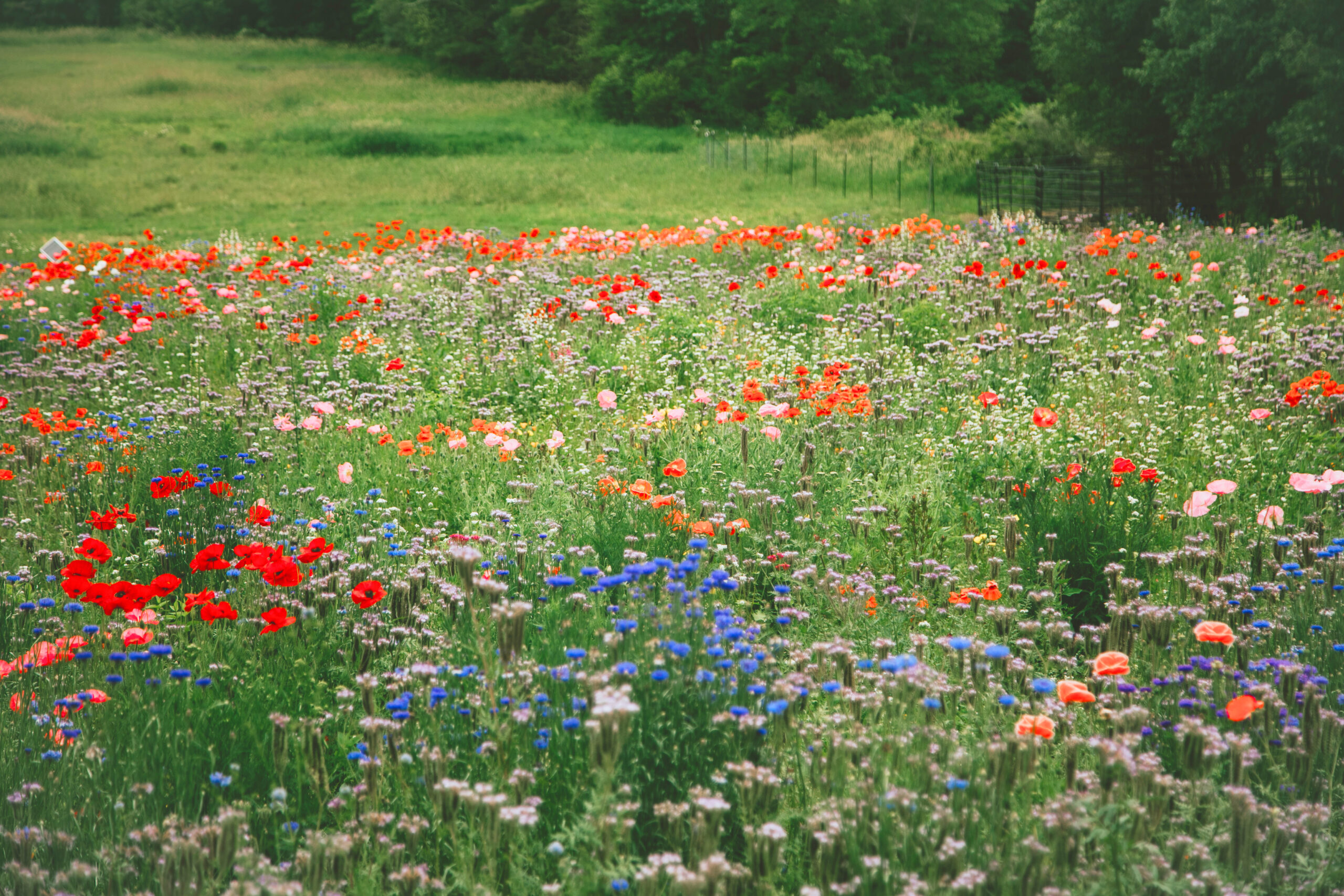
In the past twenty years, habitat loss, pests, pathogens, a lack of genetic diversity among pollinator species, and the reckless use of pesticides has caused a drastic drop in the United State’s pollinator population. Between April 2020 and April 2021 alone, beekeepers report losing 45.1 percent of managed honey bee colonies. This loss of pollinators impedes the function of successful ecosystems and poses a direct threat to farmers’ ability to successfully grow food. According to the United States Department of Agriculture (USDA), about “one mouthful in three in our diet directly or indirectly benefits from honey bee pollination.”
What are the Rights of Nature?
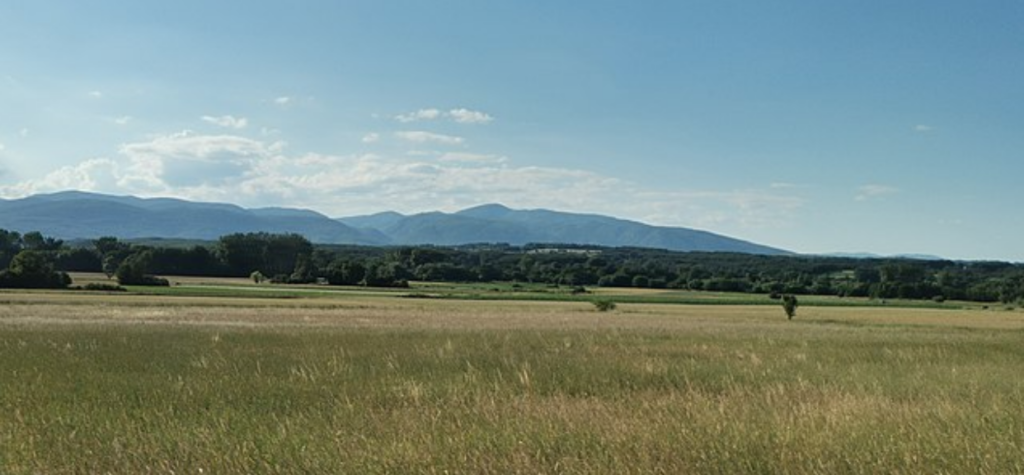
An ecologically responsible, regenerative approach to land management is at the center of Agrarian Trust’s effort to conserve and increase access to farmland across the United States. When a farmer signs on an Agrarian Commons lease, they agree to adhere to a high standard of ecological land management, and to respect specifically defined “Rights of Nature,” which are included explicitly in the lease. Listed here, the Rights of Nature in the Agrarian Commons lease include, but are not limited to:
Enclosure: Old and New
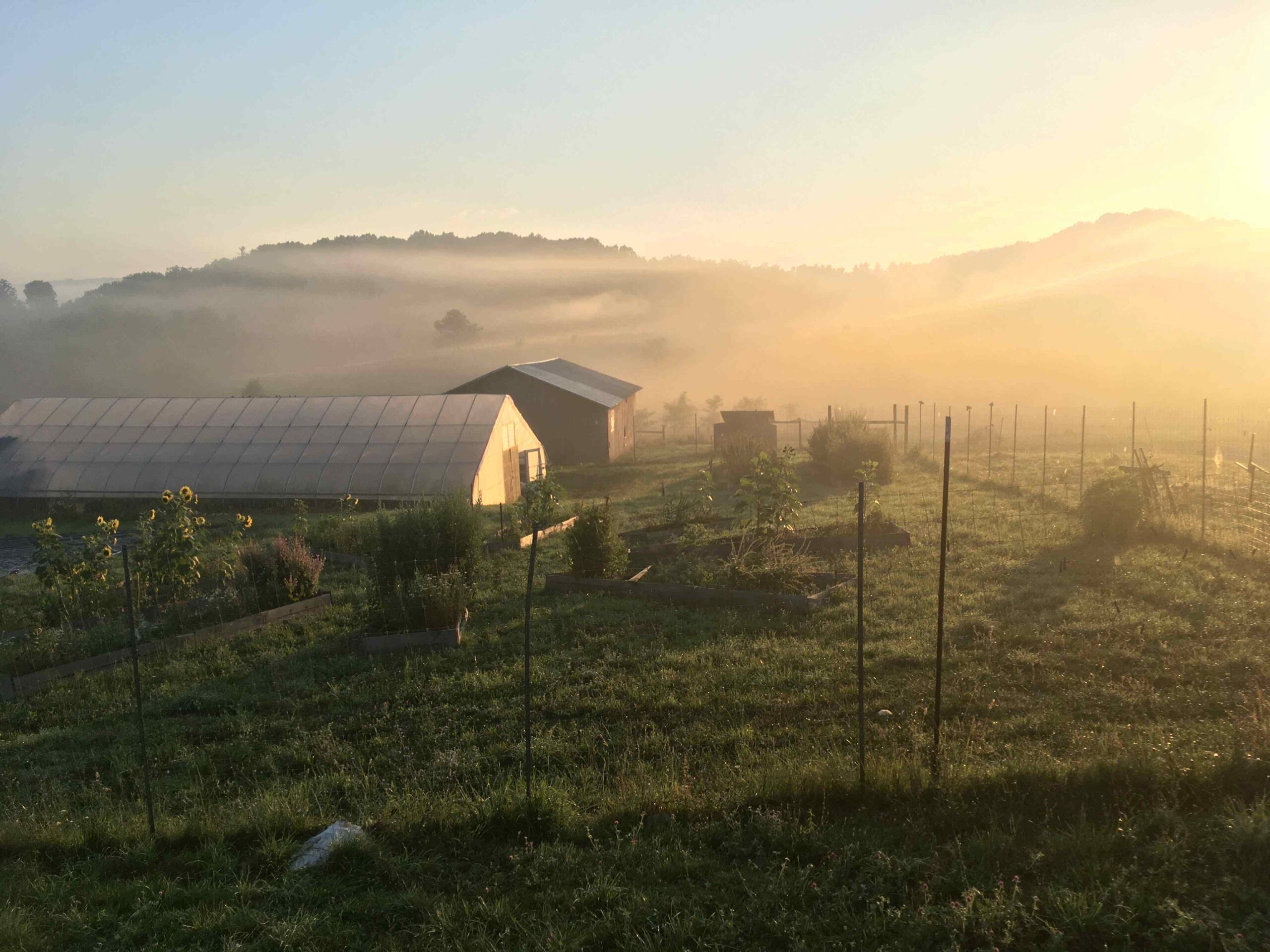
The Agrarian Commons is part of a long history of innovative commoning practices that have been formed in opposition to the commodification of land. Yet the dominant narrative in history textbooks frames the commons as a relic of the past, rendered obsolete by the “enclosures,” or widespread land grabbing that lasted from the 15th to 17th century. This narrative has been challenged by thinkers and activists who recognize that around the world, commoners are still actively fighting against efforts to grab their land and overturn traditional land rights. Agrarian Trust stands with these commoners as they seek to articulate a new, just vision of land tenure.
Commodity or Commons: Finance Capital and the Commodification of Land
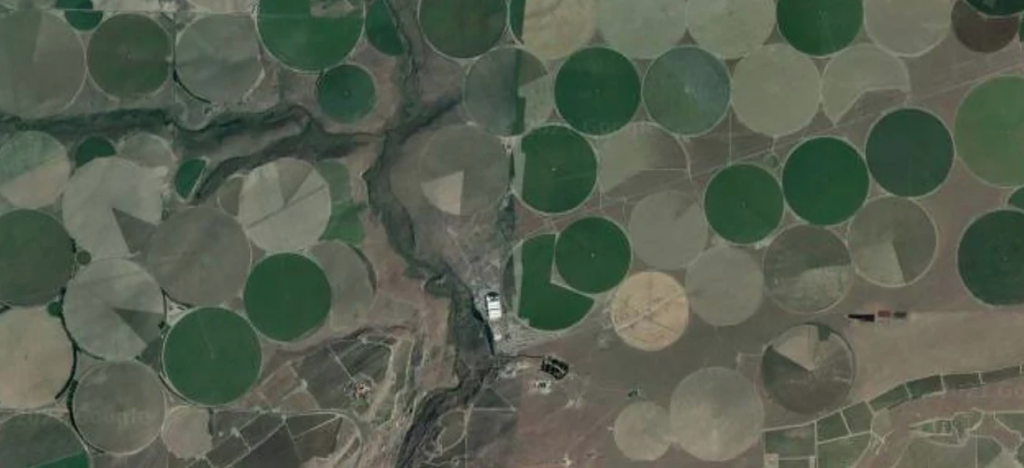
The first major entity to begin investing in farmland as an asset was Teachers Insurance and Annuity Association of America (TIAA)—one of the largest pension firms in the United States, with $1,375 billion in assets. In 2007, the TIAA began purchasing enormous tracts of land. By 2017, the TIAA owned more than 1.9 million acres of farmland worldwide— an area significantly larger than the state of Maryland—including over 490,000 acres in Brazil alone. TIAA’s purchases in Brazil led to the consolidation of power in the hands of a small number of agribusinesses specializing in soy monoculture, driving farmers off their traditional land in record numbers, and leading to widespread deforestation, wildfires, and loss of biodiversity.
Studies of the Agrarian Commons in the Higher Education Community
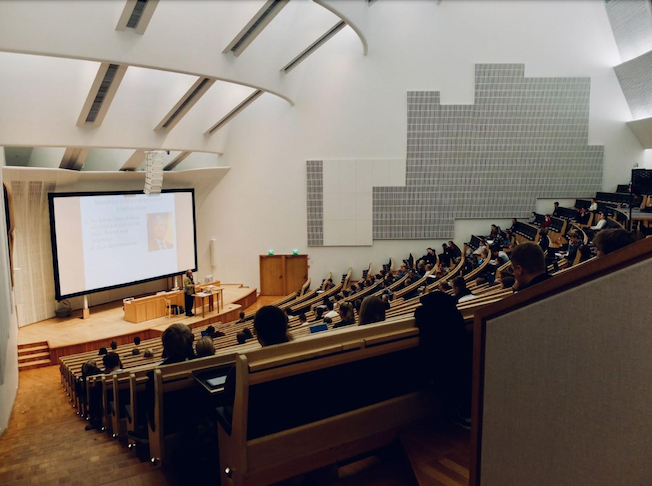
The Agrarian Commons model, now in its implementation phase, is being studied by researchers, professors, and students throughout higher education and law school institutions.